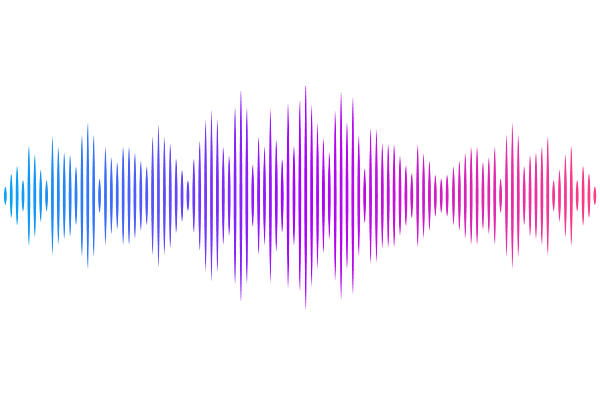Learning to read transforms phonological into phonographic representations: Evidence from a Mismatch Negativity study

Learning to read transforms phonological into phonographic representations: Evidence from a Mismatch Negativity study
Pattamadilok, C.; Wang, S.; Bolger, D.; Dubarry, A.-S.
AbstractLearning to read changes the nature of speech representation. One possible change consists in transforming phonological representations into phonographic ones. However, evidence for such transformation remains surprisingly scarce. Here, we used a novel word learning paradigm to address this issue. During a learning phase, participants were exposed to unknown words in both spoken and written forms. Following this phase, the impact of spelling knowledge on spoken input perception was assessed at two time points through an unattended oddball paradigm, while the Mismatch Negativity component was measured by high density EEG. Immediately after the learning phase, no influence of spelling knowledge on the perception of the spoken input was found. Interestingly, one week later, this influence emerged, making similar sounding words with different spellings more distinct than similar sounding words that also share the same spelling. Our finding provides novel neurophysiological evidence of an integration of phonological and orthographic representations that occurs once newly acquired knowledge has been consolidated. These novel phonographic representations may characterize how known words are stored in literates\' mental lexicon.